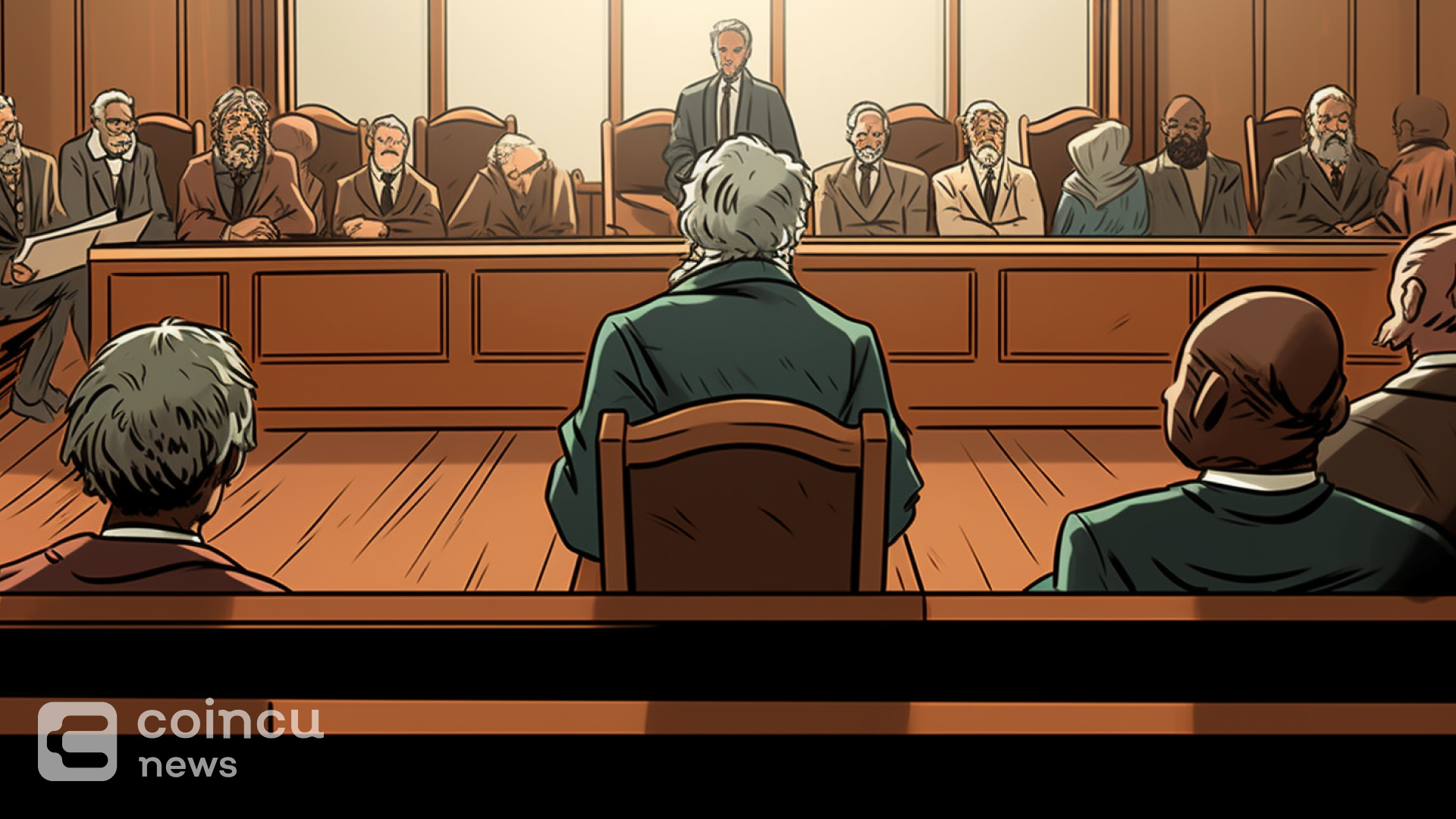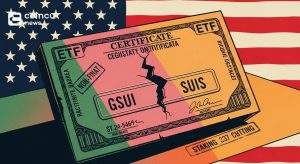Key Points:
-
The SEC admits errors in the DEBT Box lawsuit, leading to asset freezes and account closures, following criticism from a Utah judge.
-
Allegations of DEBT Box defrauding investors remain, but the SEC acknowledges inaccuracies in legal counsel’s statements during a crucial hearing.
In a surprising turn of events, the Securities and Exchange Commission (SEC) has acknowledged making inaccurate statements in the cryptocurrency startup DEBT Box lawsuit, resulting in a freeze on assets and the closure of numerous accounts.
Read more: SEC Cracks Down On Crypto Fraud: 18 Defendants Charged In DEBT Box Scandal
SEC Acknowledges Errors in DEBT Box Lawsuit, Prompting Asset Freeze and Scrutiny
The SEC previously alleged that DEBT Box defrauded investors of nearly $50 million, and while the core claims remain, the regulatory body confessed to its legal counsel for unknowingly providing inaccurate information during a July 28 hearing. This led to the imposition of a restraining order, an asset freeze, and other restrictions against DEBT Box.
Utah’s top federal judge had previously criticized SEC lawyers in November, demanding a basis for their request for a restraining order on DEBT Box to freeze its assets. The SEC expressed regret for its errors and pledged to prevent similar mistakes by assigning senior staff and an experienced attorney to the matter, along with additional accuracy training.
Gurbir S. Grewal, the SEC’s Director of the Division of Enforcement, admitted to error in a separate filing, apologizing for the shortfall in meeting standards. Despite the admission, the SEC pleaded with the court not to impose sanctions, arguing that the circumstances did not warrant a misconduct penalty and asserting no bad faith conduct by its staff.
Judge Robert J. Shelby, however, ordered the SEC to explain “false or misleading” statements, particularly regarding DEBT Box’s alleged attempts to move assets overseas. In response, the SEC admitted misstating some accusations, such as DEBT Box allegedly closing dozens of accounts during ongoing litigation.
As a result, the SEC now faces the potential of sanctions. The regulator must justify why its attorneys should not face sanctions, considering the significant impact of their actions on the DEBT Box lawsuit.
DISCLAIMER: The information on this website is provided as general market commentary and does not constitute investment advice. We encourage you to do your own research before investing.























